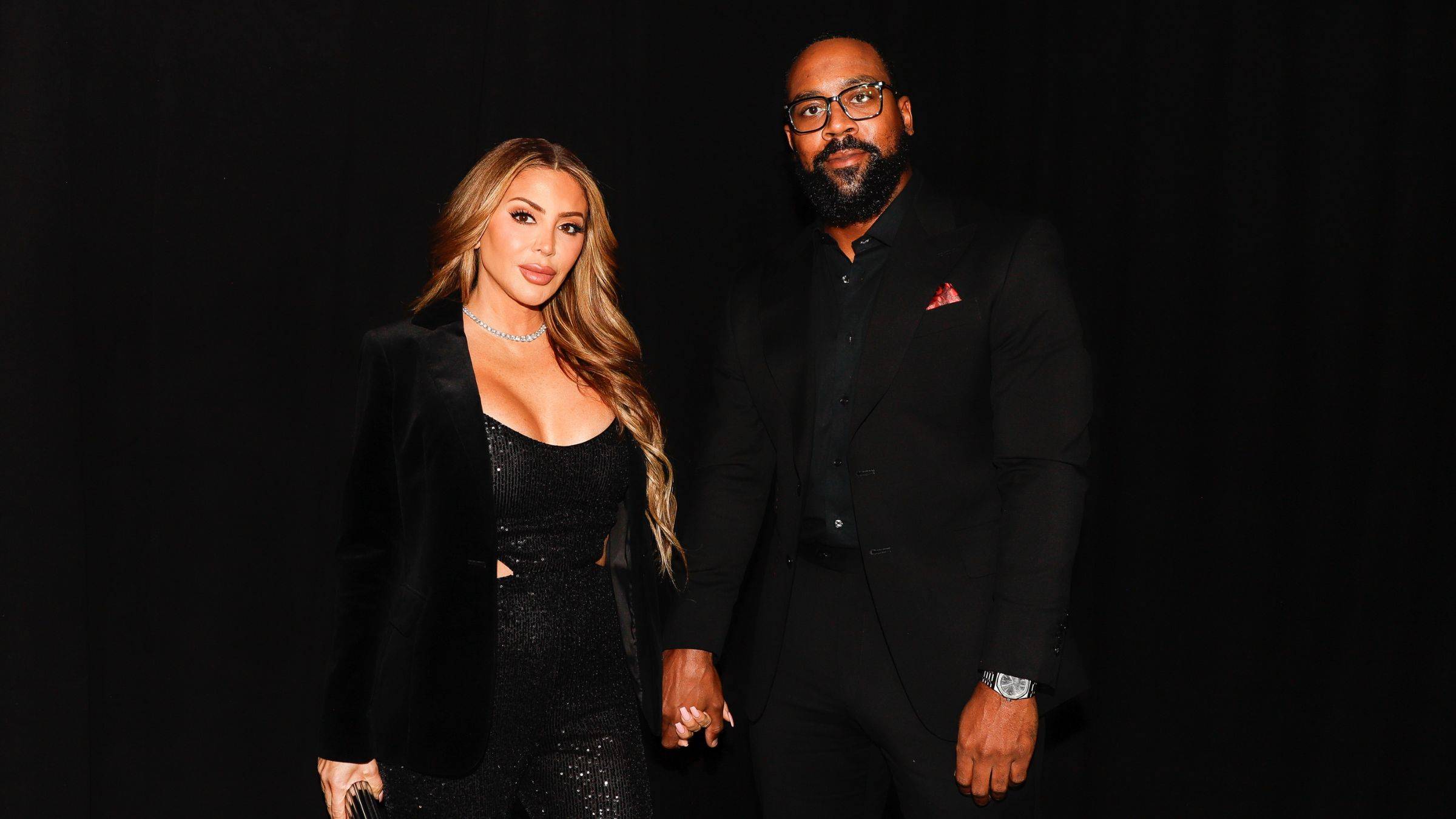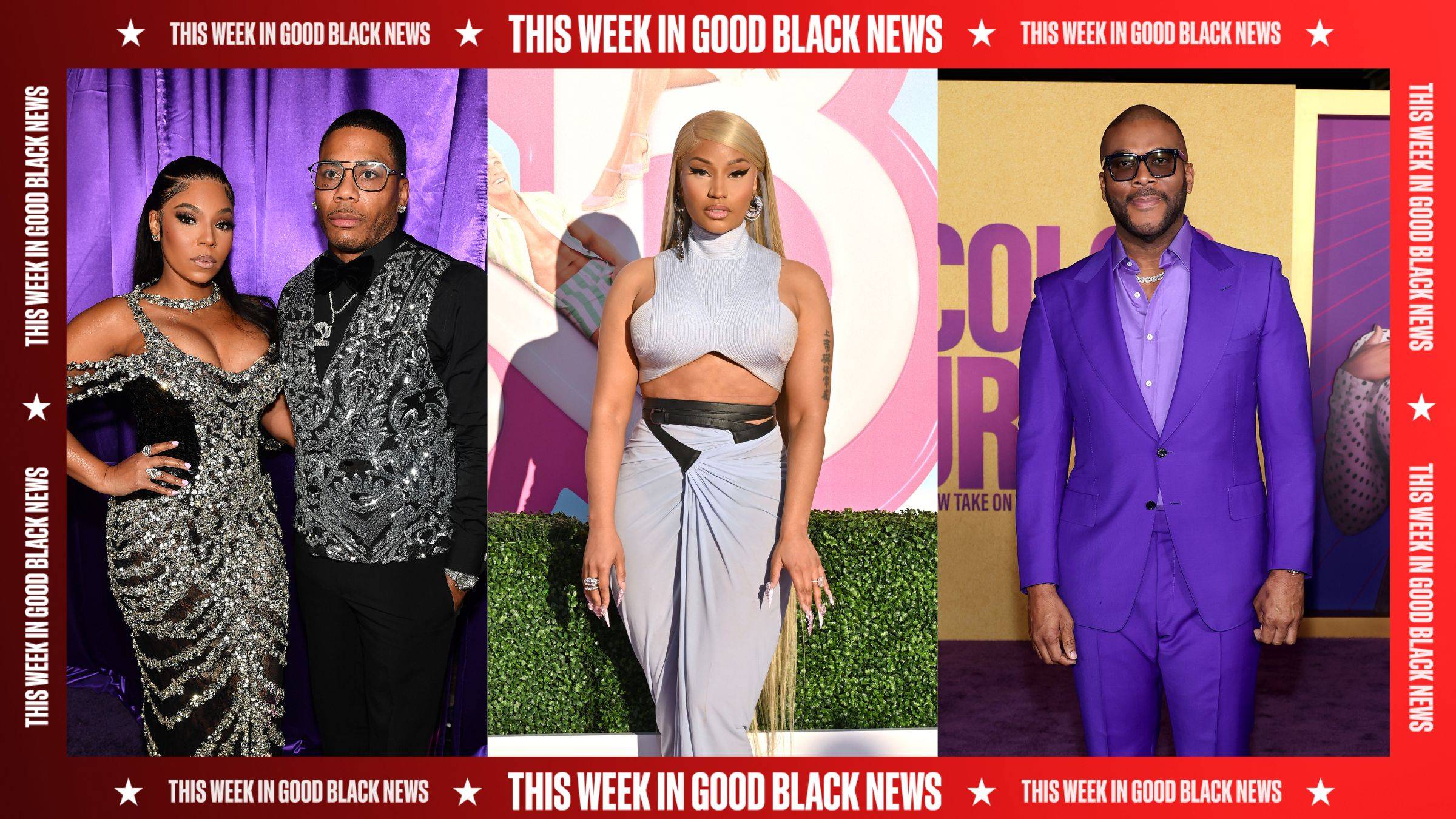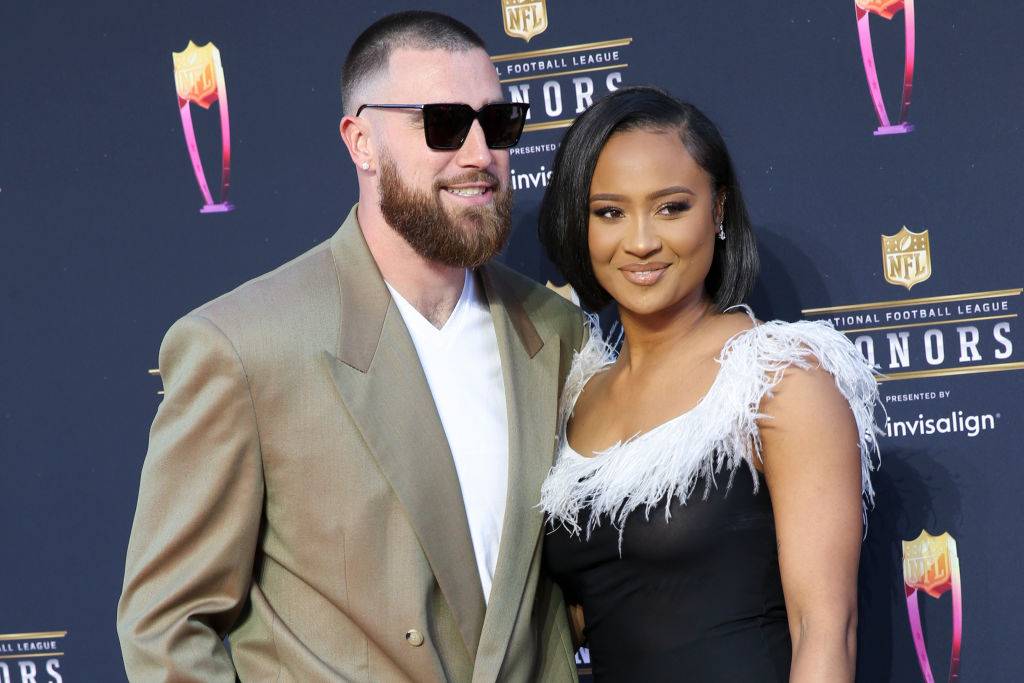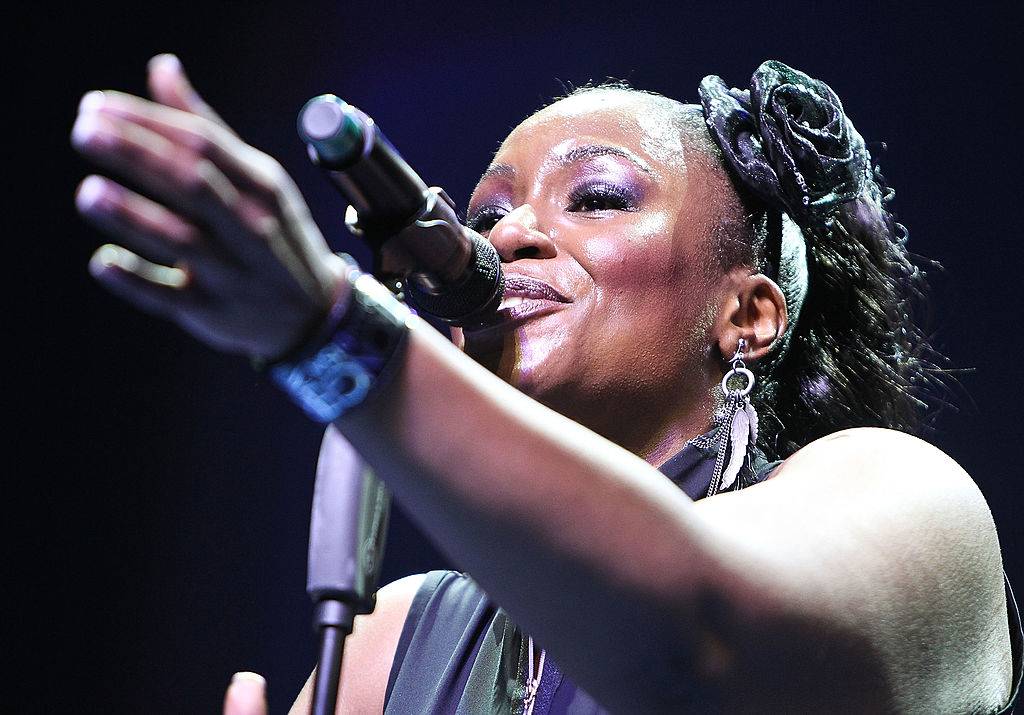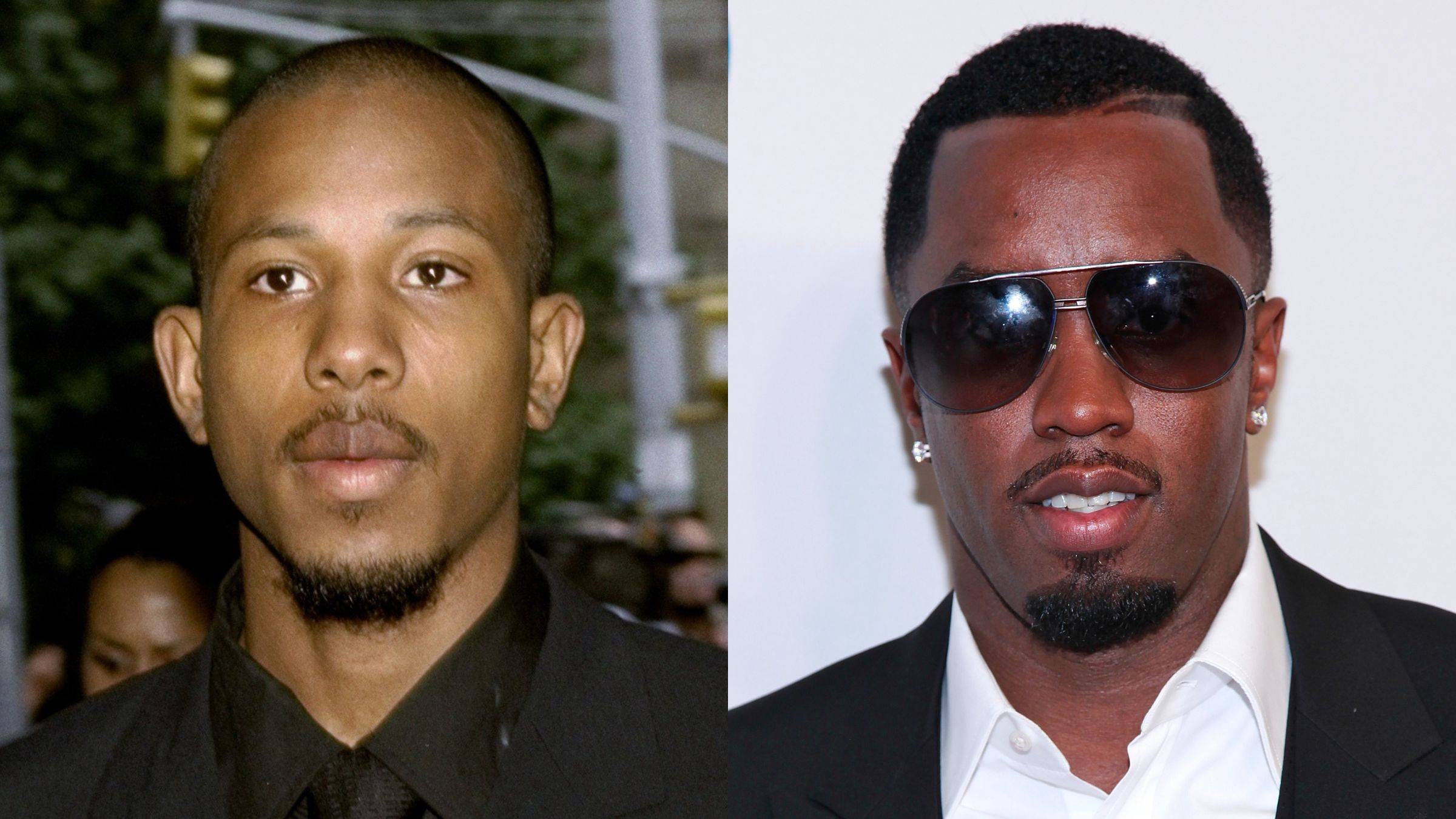Three Women Were Killed by Their Husbands Today
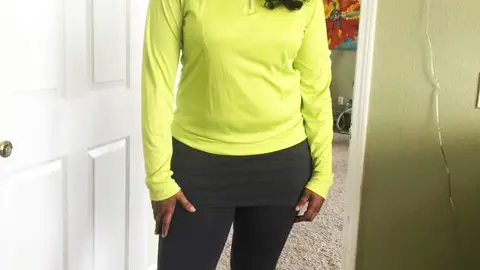
Let’s talk facts: Three women are murdered by a boyfriend or spouse every single day in this country. A disproportionate number of those women are Black.
One of the leading causes of death for Black women age 15-35 is domestic violence.
Black women are not more likely to be killed in a car accident.
Black women are not more likely to be killed by breast cancer.
Black women are not more likely to be killed by stroke, obesity or diabetes.
Black women in that age bracket are more likely to be killed by someone they know. It is usually a husband or a boyfriend — and almost always with a gun.
Sade Dixon
Kortni Thornton
Nya Hammond
Deanna Cook
Toya Smith
Zina Bowser
Karen Elaine Smith (pictured above)
That's just a tiny sample from a few cities in the last five years. How many of these cases did you hear about? I heard about none of them except for the recently deceased Karen Smith, shot and killed by her estranged husband Cedric Anderson. The case became national news, which is rare when a Black woman is killed by her partner.
Domestic violence, particularly in the Black community, has been an epidemic for many years. Even as the overall numbers decrease, there are still far too many women who are killed by an intimate partner — and the numbers remain higher for Black women.
What’s going on? And what should we be doing?
For starters, we can admit that things are screwed up and that we are more accepting of domestic violence than we should be. In 2014, when I saw the video footage of Ray Rice sucker punching his fiancée in an elevator, I immediately had two thoughts. 1. That’s the end of his career since the NFL would not be able to support him. And 2. That’s the end of his relationship with his fiancée. I was wrong on both fronts. Ray was reinstated into the NFL after a brief suspension and he and his fiancée married a few days after he punched her.
Floyd Mayweather has at least four domestic violence charges that have been filed against him. He hasn’t lost a shred of his entertainment industry clout and it seems as if every report eventually fades away.
If a superstar’s discrepancies disappear, what does it mean for someone like Nya Hammond, a 19-year-old killed by the father of her child in Milwaukee? We don’t know Nya. Her story wasn’t national news. So we can become desensitized to these crimes when they are not consistently coming across our news feeds.
What scares me is that we’re now watching the lives of Black women in crisis like it’s a film, so removed from the reality as we update our Facebook pages with more (often false) information. We can watch these things unfold without leaving our laptops. We can engage with our friends and throw out conspiracy theories on Twitter while drinking a cup of coffee.
Joy Lane, the girlfriend of Steve Stephens, who was found shot and killed after murdering Robert Godwin Sr., has been persecuted online for being the reason why Stephens made the choices he did. Would that have been the reaction if he’d managed to kill her as well? Maybe she didn’t suffer enough so she had to be the cause of the tragedy instead of the rare instance where a woman escaped the tragedy?
The very idea that Joy Lane has been villainized highlights the problem with domestic violence. It explains why so many Black women stay in abusive relationships. There is pressure to stick it out. There is fear that they won’t have the support they need to walk away. There is often a belief that the relationship is their fault.
I am not here to say I have all of the answers. But I don’t think a #hashtag, a kitschy t-shirt or a march will necessarily help more Black women survive domestic violence. Maybe it’s as simple as keeping our eyes and ears open. Not just online — but in our offline life as well. And perhaps it’s just knowing the sobering facts like this: every single minute, 20 people are abused by an intimate partner. And maybe it’s about knowing where to get help and always being ready to pass that information on.
The National Domestic Violence Hotline
1-800-799-7233 (SAFE)
